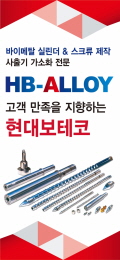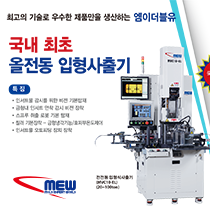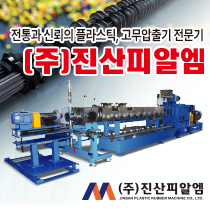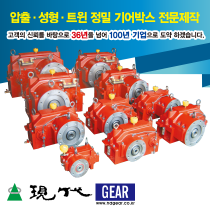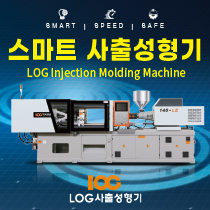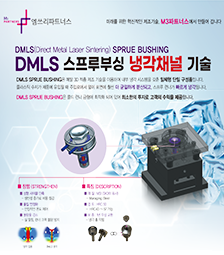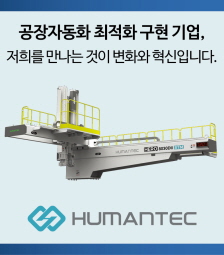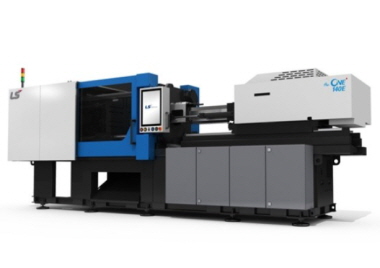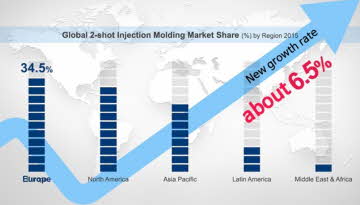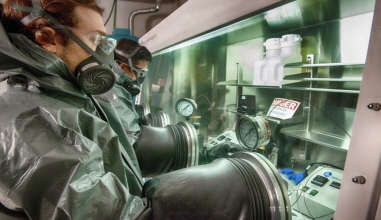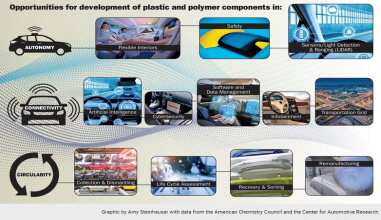Technology & solutions
Optical Components Made with Utmost Precision
작성자 : Aeyoung Park
2018-10-05 |
조회 : 5856
- Extrusion of Injection Molding Materials
Optical components can already be made with the utmost precision by injection molding processes. However, the necessary quantities and the imposed requirements keep rising all the time. All kinds of production technologies are needed for optical components in the lighting and automotive industries as well as in medical engineering. In order that promising products may be mass-manufactured in the future, the underlying production processes will need to be highly efficient.
Polyoptics GmbH, Kleve, and Kunststoff-Institut Lüdenscheid (KIMW-F) have together embarked on the “CRoCoMold Project” with a view to developing an alternative production process for thin-walled optical components. Continuous compression molding (CCM), a combination of extrusion and melt embossing which so far has mainly been used to produce simple packaging from free-flowing polymers offers substantial development potential here. The project, part of the Federal government’ “Innovative SMEs” program, will further develop the process so that it can be used for precision polymer optics, such as lenses and optical attachments.
▲ Compression-molded lenses from the CRoCoMold project (ⓒpolyoptics)
The project’s brief is to develop the plant concept from the aspects of material properties and the necessary process regulation and control. This means it also needs to address the melting behavior of the polymers and the required heat input during the molding process. New inline heating systems and molds are being designed to achieve tighter tolerances and more efficient mold ventilation. On the machine side, design changes are being made to integrate the heating and mold concepts.
Project Background
▲ The project partners will use a CCM 24 machine from Sacmi to produce planar lenses
from PMMA polymer pellets (ⓒpolyoptics)
The first step was to define the product and quality requirements for the machines and manufacturing processes: products intended for the optical industry must be free of defects, blowholes, flow and tie lines, ejection marks and flash. A CCM machine (type: CCM 24) from Italian company Sacmi Imola S.C. was eventually selected for the project. It can be fitted with up to 24 molds.
For the new application, the project partners decided to stick with the injection molding materials hitherto used for such products as that would avoid the need for protracted new approvals and new acquisitions as far as possible. Polyoptics and KIMW-F considered several candidate PC and PMMA materials for use in the CCM process and ultimately opted for Plexiglas 6N, 8N and 8h and Altuglas V825T.
Initial Trials
The project partners collaborated closely with Sacmi on initial trials to establish the suitability of different extruder designs for extruding PMMA materials on the CCM machine. These practical tests confirmed that PMMA could be processed by CCM.
With the aid of an enhanced temperature-control system, all three PMMA materials were processed under various process parameters with a view to establishing the best ones for the existing mold. The trials revealed that the nozzle, the cutting and transport unit and the mold itself all had to be optimized.
The CCM’s cutting and transport unit was accordingly replaced in several stages. A controller for both components was programmed to match the movements of the blade and the transport unit with those of the molds. This coordination is essential for cutting, transporting, molding and ejecting the plastics. The technical enhancements to the CCM machine greatly improved the quality of the molded PMMA parts, but cut marks were still visible on their surfaces.
Lense Made by Continuous Compression Molding
Compression-molded lenses from the CRoCoMold project (©polyoptics)
The next phase of the project was to design and build molds for 5-mm-thick planar lenses. The new test molds proved suitable and the project partners used them to produce optical lenses from PMMA by means of continuous compression molding (CCM).
Further testing consisted in varying the composition of the cutting blade to determine the optimum parameters for it. These tests revealed that the macro shape of the blade has a strong influence on the surface finish of the lenses.
To further enhance lens quality, KIMW-F also examined the cooling concept behind the CCM molds. To this end, it conducted different trials at various mold temperatures to determine the impact of different concepts on surface quality. The results showed that heating the mold greatly improves the surface finish of the lenses. The finish can be further enhanced by manipulating the contact temperatures between the blade and the mold containing the melt.
Part quality and process reliability were analyzed by conducting GPC analyses on the material. No deterioration in the PMMA was detected. This meant that the process control system was ready for up-scaling to series production.
Trials on thin, thermally insulating CVD coatings showed that optimization of the coating thickness and the coating process for the mold material is necessary for improving lens quality.
Conclusion
The project and the successful production of optical lenses confirmed the possibility of processing PMMA by the CCM process. Process capability was demonstrated by optimizing the quality of the parts and constantly monitoring them with various analyses and measurements.
*The research and development project was funded by the Federal Ministry for Education and Research (BMBF) under funding initiative “Innovative SMEs – Research for Production” (funding number 02P15K021/ 02P15K020) and supervised by the Karlsruhe Research Center (PTKA).


